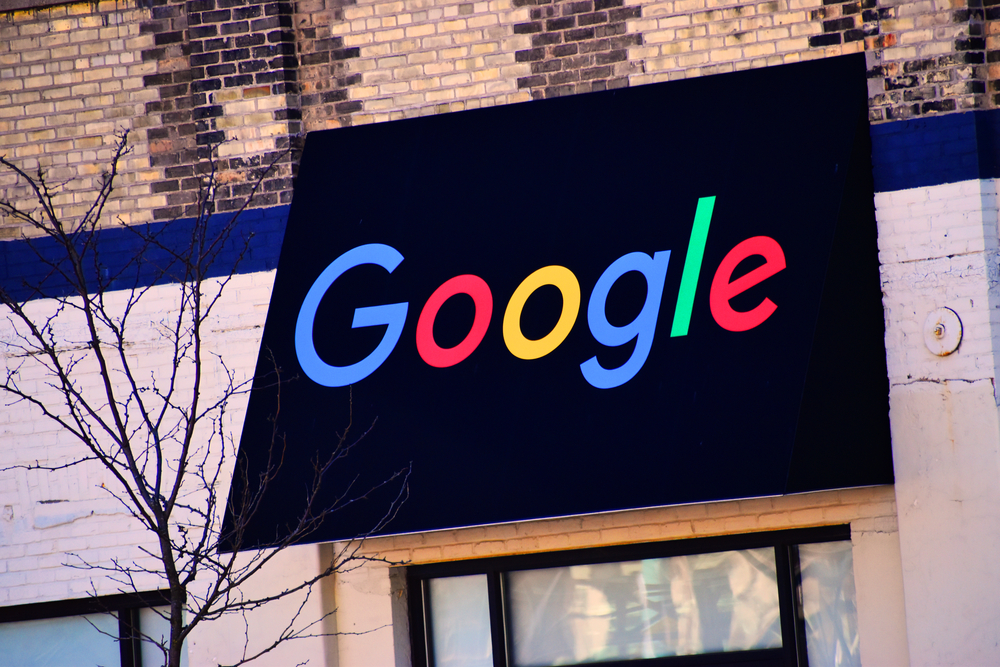
Pichai recalls a pivotal moment in 2012 when he watched Google’s Research team demonstrate the progress they had made with image recognition driven by breakthroughs in neural networks. Witnessing this, he realized that AI was destined to change everything. A similar feeling arose when he saw the groundbreaking interdisciplinary research at DeepMind, focusing on understanding the nature of intelligence. This progress significantly influenced his decision, upon becoming CEO in 2015, to pivot Google towards becoming an AI-first company.
The journey of questions continued. Google pondered how to power this new generation of computing. They invented Tensor Processing Units (TPUs), which delivered remarkable performance improvements of 30X to 80X for machine learning compared to other hardware at the time. TPUs powered AlphaGo, which defeated the Go world champion Lee Sedol in 2016. Concurrently, Google released the groundbreaking Transformer paper in 2017, establishing the neural network architecture that underpins most generative AI and large language models today.
Many of these technological breakthroughs led to remarkable product innovations. Search results for complex queries improved significantly through large language models like MUM and BERT. Google created entirely new ways for people to express what they were looking for through voice, images, and even asking questions about what they saw with multisearch. Generative AI now helps reimagine core products, from the new Search Generative Experience (SGE) to “Help Me Write” in Gmail. Earlier this year, Bard was launched, an experiment enabling people to collaborate with generative AI.
Pichai’s favorite moments include witnessing how Google’s products make a difference in people’s lives. Whether it’s a parent taking a photo of a craft drawer and using Bard to inspire a rainy day project for their kids, a traveler using Lens to translate a foreign train schedule, or profoundly, a family hearing the voice of a man with ALS through Google’s speech recognition and synthesis research. Designing products that help people at scale is both a privilege and a responsibility.
He acknowledges that people have valid questions: Can we trust these new technologies? Google deeply considers how to build responsible technology from the outset, ensuring that everyone’s information is protected and secure and people are safe from malicious actors online. Google engages in important debates about how these technologies will shape society and seeks answers collaboratively. AI plays a central role in this, as Google aims to make AI beneficial while addressing its complexities and risks.
Looking forward, Pichai reflects on Google’s commitment from its original founder’s letter in 2004: “to develop services that improve the lives of as many people as possible — to do things that matter.” With AI, Google has the opportunity to do things that matter on an even larger scale.
Today, we’ve barely scratched the surface of what the next wave of technology can achieve and how quickly it can bring improvement. Already, one million people use generative AI in Google Workspace to write and create. Flood forecasting reaches areas where over 460 million people live. The AlphaFold database, accessed by a million researchers, covers 200 million protein structure predictions, aiding efforts to combat plastic pollution, antibiotic resistance, malaria, and more. Google demonstrates how AI can help airlines reduce contrails from planes, a crucial tool in fighting climate change.
Yet, there is so much more to come. Over time, AI will be the most profound technological shift in our lifetimes, possibly even surpassing the advent of the internet. It represents a fundamental rewiring of technology and an incredible catalyst for human ingenuity.
Pichai’s vision for Google’s future revolves around AI. Google is committed to making AI helpful for everyone while deploying it responsibly. This commitment will be the guiding force as Google embarks on the next decade and beyond. Pichai envisions AI addressing monumental questions that will shape the world, such as universal access to personalized education, the development of clean energy, innovative tools for creativity and business growth, the reimagination of fields like transportation and agriculture, and enhanced disaster prediction and preparedness.
As Google ventures into its next 25 years, Pichai emphasizes that the company’s relentless pursuit of answers to these significant questions will propel extraordinary technological progress. He envisions a day in 2048 when a teenager somewhere in the world will look at Google’s AI-powered accomplishments and simply shrug, signaling Google’s success in pushing the boundaries of what’s possible. Until then, Google remains steadfast in its pursuit of answers to the world’s most significant questions.


